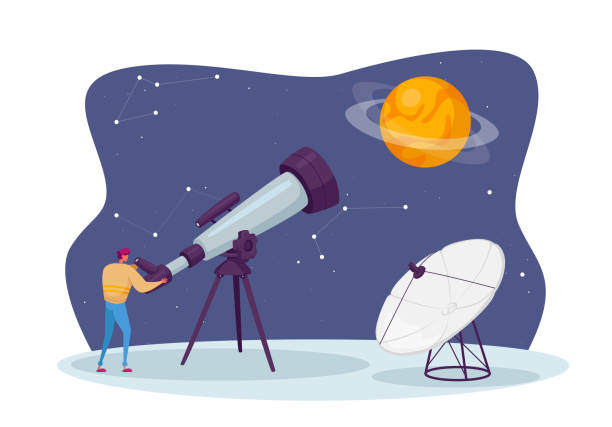Physical Sciences

Astronomy
Astronomy is the natural science that studies celestial objects and phenomena. It uses mathematics, physics, and chemistry in order to explain their origin, evolution, and physical and chemical properties. Objects of interest include planets, moons, stars, nebulae, galaxies, and comets, while phenomena include supernova explosions, gamma-ray bursts, and cosmic microwave background radiation.

Big Bang
The Big Bang is the prevailing cosmological model describing the origin and evolution of the observable universe from an early hot, dense state to its present expansion. Key empirical pillars include the Hubble–Lemaître law of cosmic expansion, relic cosmic microwave background radiation, primordial light-element abundances, and the growth of large‑scale structure.